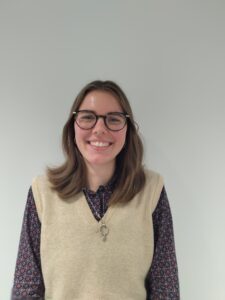The Data Impact Fellows programme is designed to support the use of UK Data Service data and resources by new generations of researchers and analysts working in the academic sector and in UK registered charities.
This year’s applications for the the Data Impact Fellows programme were of extremely high quality, making the judges‘ job extremely difficult.
We are delighted to introduce to the five awardees that make up our new cohort! We’ll be hearing more from each of the Fellows over the year, in this post they give a brief introduction to themselves and their research.
Alice Varley
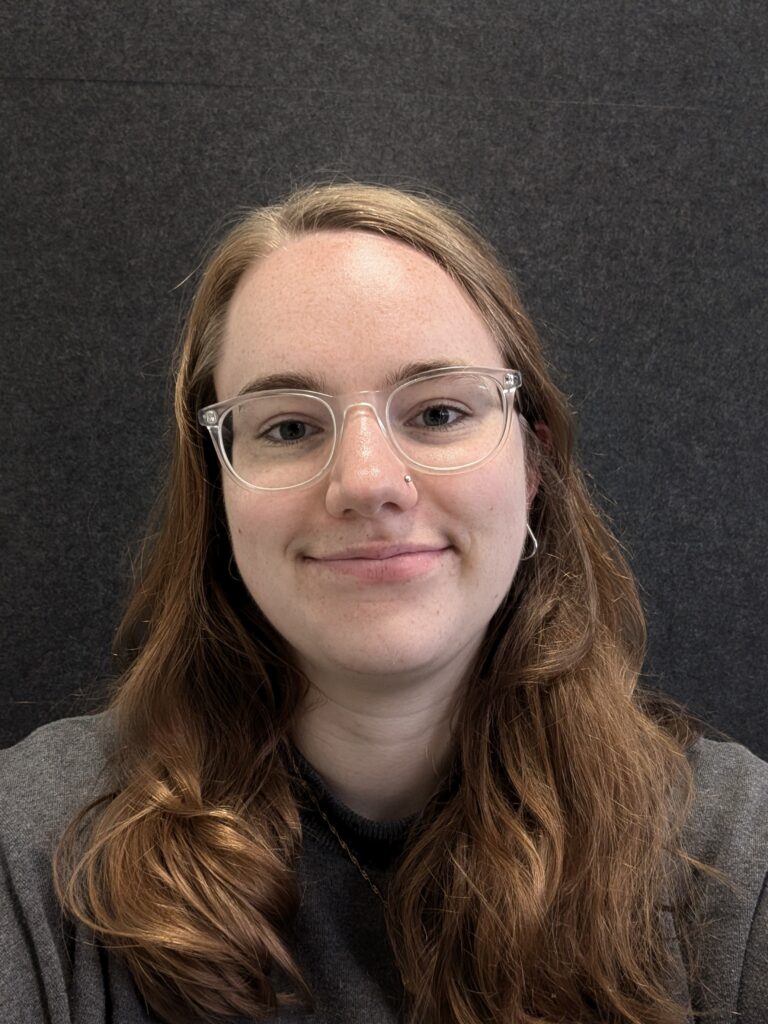 Alice is a second-year PhD student at the Geographic Data Science Lab (University of Liverpool).
Alice is a second-year PhD student at the Geographic Data Science Lab (University of Liverpool).
In partnership with Mersey Care NHS Foundation Trust, her research explores mental health inequalities in Liverpool. Using quantitative methods, the project aims to investigate the determinants and prevalence of mental health inequalities, revealing how various spatial, demographic, and socioeconomic factors interact with these observed disparities. Ultimately, the focus is on improving services and interventions through tackling inequalities, using the evidence generated through this research. Her PhD programme involves an integrated MSc over the first two years, so her research is still in its very early stages.
Anastasia Fadeeva
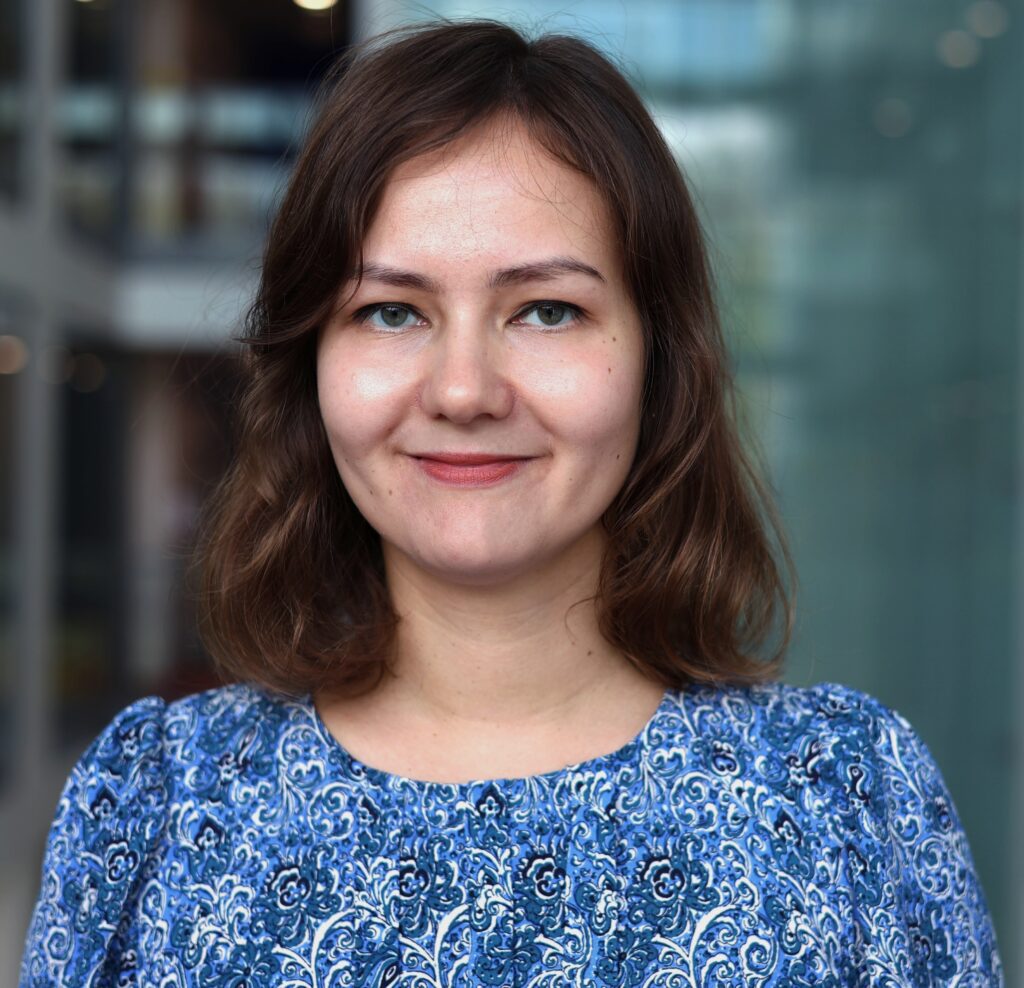 Anastasia is a Research Fellow at the Violence and Society Centre at City St George’s, University of London.
Anastasia is a Research Fellow at the Violence and Society Centre at City St George’s, University of London.
She uses health data including surveys and administrative records from emergency departments and hospitals to examine the associations between violence, physical and mental health, and contact with services. Her research has a particular focus on evidencing the mental health consequences of violence and abuse against older people. Before joining City St George’s, Anastasia completed her PhD in Public Health and Health Psychology and her first postdoctoral role at Northumbria University. She bridges social and clinical perspectives on health research and has a medical degree.
Kyle Genner
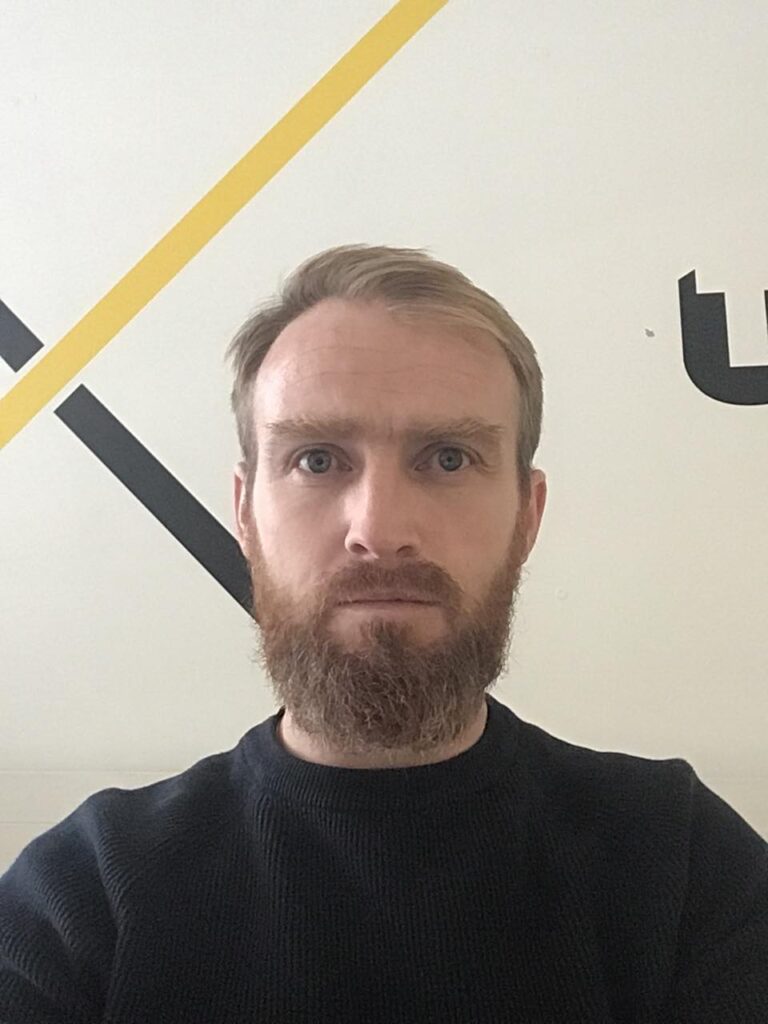 Kyle is an Associate Lecturer and Social Science Researcher at Teesside University.
Kyle is an Associate Lecturer and Social Science Researcher at Teesside University.
He is particularly interested in exploring and challenging conventional wisdom and narratives, especially as they relate to sports and socio-economic status. His current research has him focused on the relationship between deprivation and talent development in sport, with a not-so-subtle tilt towards boxing. This includes exploring the socio-economic and socio-demographic make-up of sports participants and talent programmes, why some children chose one sport over another, how access to and progress within sport is discouraged or denied based on socio-economic background, and how incentive structures, policy making and funding decisions may be invertedly exacerbating socio-economic divides and throttling social mobility through sports.
Michaela Pawley
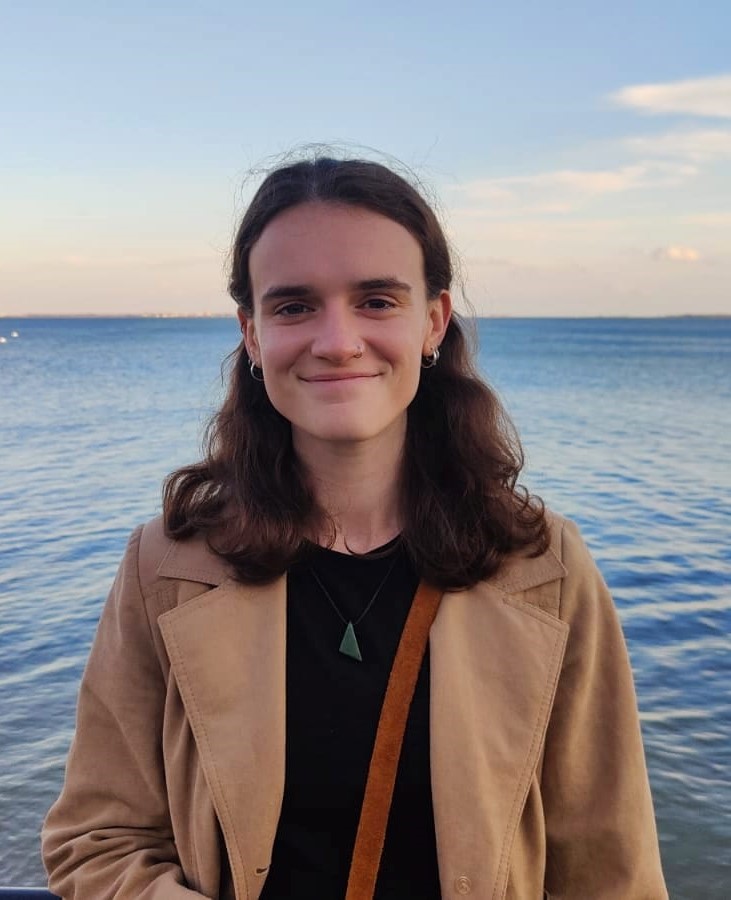 Michaela is a final year PhD researcher at the University of Warwick, where she has been awarded a Psychology Departmental Fellowship.
Michaela is a final year PhD researcher at the University of Warwick, where she has been awarded a Psychology Departmental Fellowship.
Her research focuses on the longitudinal association between sleep and self-harm during adolescence, using large cohort datasets such as the Millennium Cohort Study (UK) and the National Longitudinal Study of Adolescent to Adult Health (USA). Michaela’s work aims to better understand the mechanisms that contribute to and underpin the relationship between adolescent sleep and self-harm, in order to inform practice and policy.
Roxana Pollack
Roxana is a doctoral candidate at the MRC/CSO Social and Public Health Sciences Unit at the University of Glasgow.
Her PhD is looking at the transitions of unemployed individuals back into work and how their levels of job quality can affect their mental health and subjective wellbeing, which she is exploring using causal epidemiology and microsimulation. Prior to her PhD, she worked in the same department as a research assistant on a variety of projects covering antimicrobial resistance, method application of systems science to public health and urban planning interventions. Her academic background in human geography, political science and global public health has informed her broad range of interests in socioeconomic determinants of health, climate change and systems perspectives in public health. Outside of work, she spends her time bouldering and singing in a community choir.

